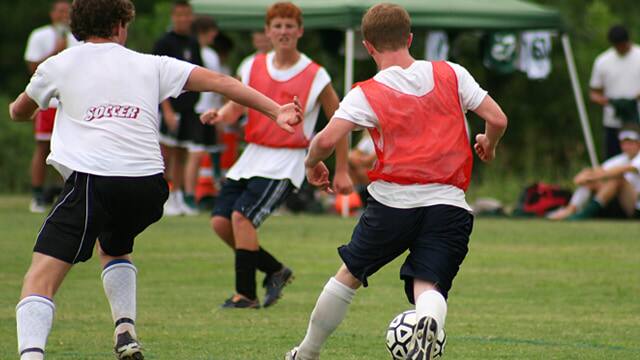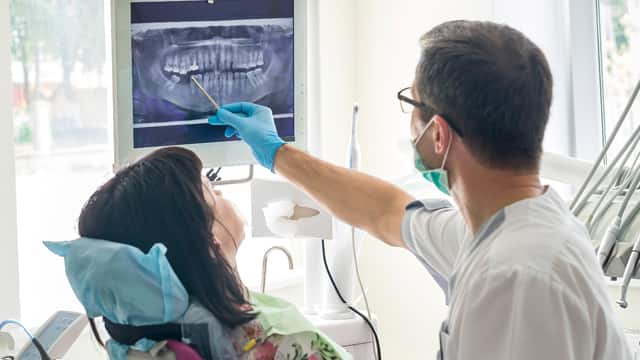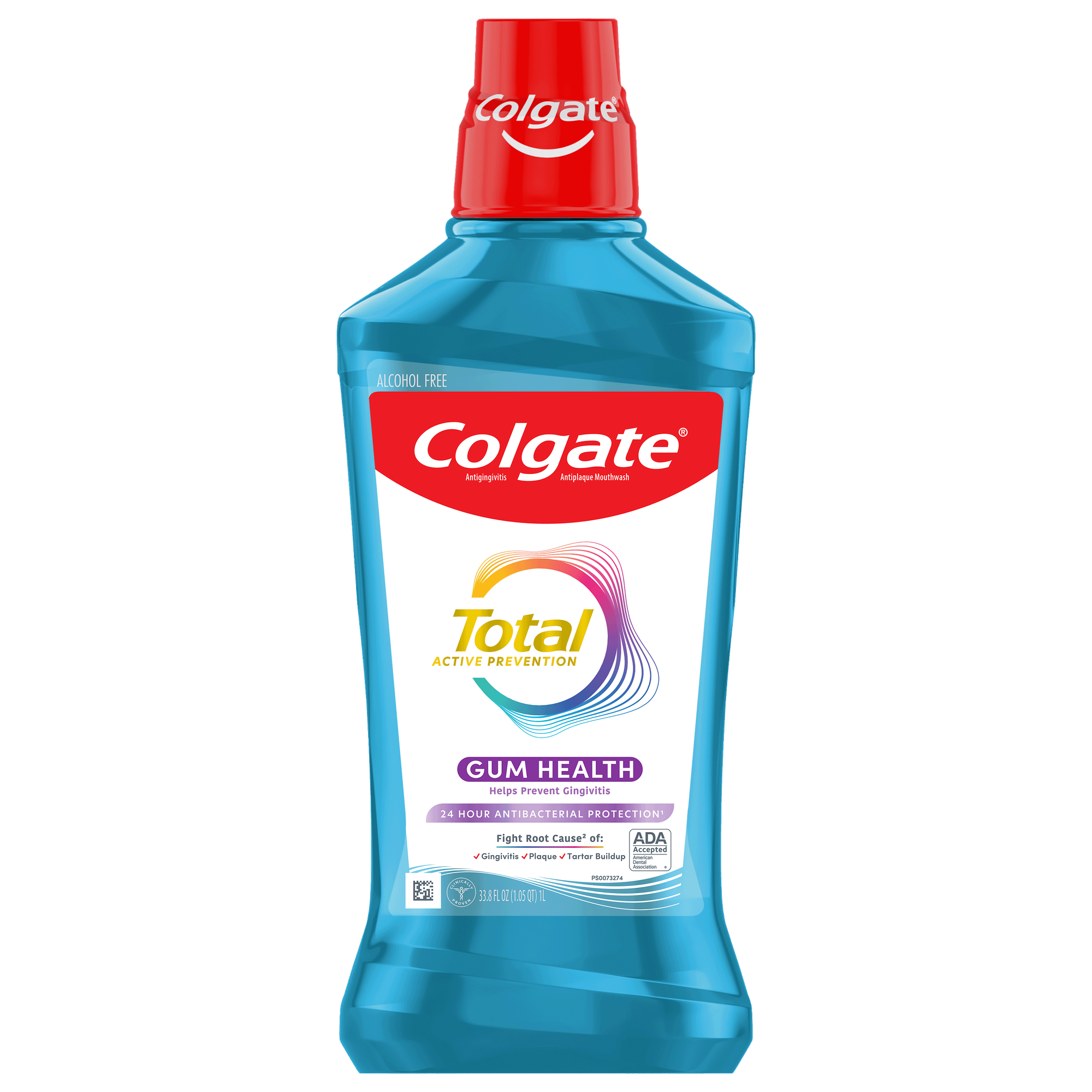-
-

FLUORIDE
What Is Stannous Fluoride Toothpaste?Discover what is Stannous Fluoride Toothpaste and its importance to prevent cavities and other oral health problems.

TEETH WHITENING
Whitening toothpaste - hydrogen peroxide vs. carbamide peroxideIf you lose one or more of your front teeth due to injury or decay, you may feel ...
-
Science & InnovationOral Health Commitment
- Oral Health Commitment
- Bright Smiles, Bright Futures
- Educational Resources
- Mobile Dental Van
- Volunteer
- ORAL HEALTH CHECK
- PRODUCT MATCH
- Oral Health and Dental Care | Colgate®
- Oral Health
- What To Do With A Knocked-Out Tooth
.png)
.png)
Do you know what to do with a knocked-out tooth? Whether the cause is sports, an accident, or assault, it is important to know what to do and when to do it. Injuring a tooth is never fun, but the good news is that most teeth can be reinserted into the tooth socket if you keep the ligament alive. Though the best choice is to get to your dentist as soon as possible, there are some important tips to know along the way.
Handle the Tooth Gently
When a tooth is severed from its socket, the ligament attached is destroyed. In order to properly survive, the tooth needs all the tiny nerve fibers to remain attached. First, carefully pick up the tooth by the crown, not the root. Gently wipe any excess dirt from the tooth and either set it back into the socket or hold it between your cheek and gums in your mouth as you are heading for emergency help, hopefully within 15 to 30 minutes. Bathing the tooth in your own saliva will help keep it alive.
Storing the Tooth
If the tooth cannot be placed in the person's mouth, the next best thing to place it in cold, whole milk. You can also obtain a special pH-balanced, cell-cultured solution that will keep the tooth alive for a longer period of time. Many dentists have this option in their dental practices in order to save a tooth that has been knocked out.
Teeth Lost to Disease Can't be Saved
A tooth lost due to an accident has a 90 percent chance of being saved if proper procedure is followed, but for one lost due to periodontal disease, none of these measures will help. The lesson here is to make sure you see your dentist for regular checkups, and if you show signs of gum disease, make sure to seek treatment.
Oral Care Center articles are reviewed by an oral health medical professional. This information is for educational purposes only. This content is not intended to be a substitute for professional medical advice, diagnosis or treatment. Always seek the advice of your dentist, physician or other qualified healthcare provider.
Related Articles
.png)
Dental emergencies and sports safety
What To Do With A Knocked-Out ToothDo you know what to do with a knocked-out tooth? Whether the cause is sports, an accident, or assault, it is important to know… Read more at Colgate.com

Dental emergencies and sports safety
Can I Use Clove Oil for Toothache Pain?Using clove oil for toothache pain can provide you with relief now, but it doesn't last as long as treatment from your dentist. Here's why.

Dental emergencies and sports safety
How to Prevent a Tooth Root Fracture During Sports ActivitiesOne sports-related injury that is not so easily visible is a tooth root fracture. Here's how to safeguard your teeth during your favorite athletic events.

Dental emergencies and sports safety
Broken Wisdom Tooth: Adverse Side Effects If Left UntreatedWisdom teeth are the very last of your permanent teeth to come in, and they usually erupt in your late teens or early twenties. Read more at Colgate.com
Related Products

Colgate Total Active Prevention Whitening Toothbrush is a soft toothbrush with charcoal infused spiral and Floss-Tip bristles (1). This soft bristle toothbrush fights the root cause* of cavities, plaque, gingivitis, bad breath, tartar buildup**, and stains*** and also helps remove surface stains to prevent stain buildup.

Power away plaque with Colgate Total Battery Powered Toothbrush. This battery operated toothbrush for adults fights the root cause* of cavities, plaque, gingivitis, bad breath, tartar buildup**, and stains***. Plus, this battery toothbrush has a built in 2 minute timer and features two cleaning modes, Sensitive and Regular, to cater to your unique oral care needs.

The Colgate Total® Active Prevention Foaming Clean Soft Bristle Toothbrush is specially designed to tackle the root cause* of cavities, plaque, gingivitis, bad breath, tartar buildup**, and stains***.

Colgate Total Alcohol Free* Gum Health Mouthwash delivers 24-hour protection** against bacteria and also helps prevent gum problems

Helping dental professionals
More professionals across the world trust Colgate. Find resources, products, and information to give your patients a healthier future




